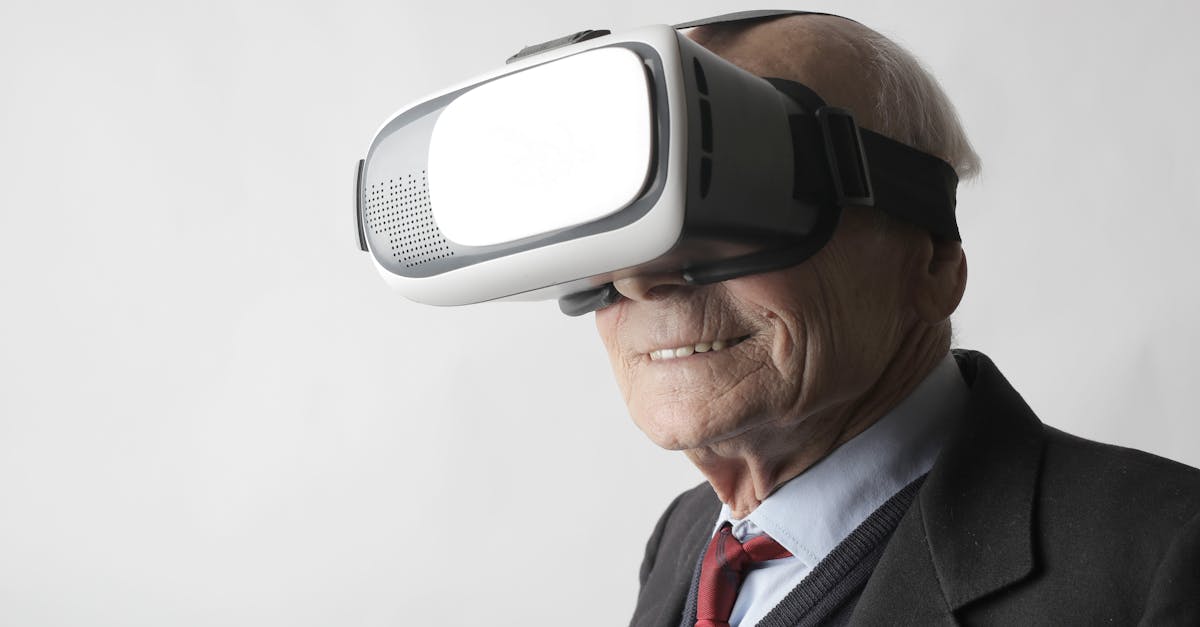A Glimpse into AI in Classrooms
Imagine robots teaching your kids math! AI in classrooms is not sci-fi anymore. These intelligent machines are revolutionizing education. AI can personalize lessons, offering tailored learning experiences for each student. This means your child gets a study plan based on their strengths and weaknesses. It sounds pretty cool, right?
However, let’s not forget the human touch that traditional teachers bring. So, what does this mean for the future of education?

Key Points:
- Robots as math teachers
- Personalized learning experiences
- Study plans based on student strengths and weaknesses
- Importance of human teachers
- Future implications for education
Can Robots Replace Teachers?
Can robots replace human teachers entirely? This thought scares many parents. AI can grade papers, deliver lessons, and even offer extra help to students struggling with concepts. But let’s be real. Can a robot understand if your child had a bad day? There’s something about a teacher’s empathy and understanding that no machine can replicate. I remember my favorite teacher, Mrs. Smith, who would always notice if I looked down and offer encouragement. AI can’t do that… yet!

Conclusion: While technology can greatly assist in education, the human touch and emotional connection provided by teachers are irreplaceable.
Benefits and Limitations of AI
Let’s talk about the benefits and limitations of AI in education. AI offers interactive and engaging learning methods, such as virtual reality and gamification. These can make learning more fun! But on the flip side, AI systems lack creativity and critical thinking. They follow a set pattern and might not adapt well to unexpected questions.
Think of it this way: AI is like a fancy calculator. It’s great for certain tasks but can’t write an essay with flair or discuss complex moral questions.

Conclusion: AI in education brings exciting possibilities but also has its limitations. Finding the balance between AI-driven learning and traditional teaching methods is key to harnessing its full potential.
Emotional Intelligence of Human Teachers
Human teachers bring emotional intelligence to the classroom, a crucial element in students’ overall development. They recognize students’ feelings, frustrations, and achievements. Teachers can inspire and motivate in ways machines can’t.
Think back to your school days. Remember the teacher who believed in you and made you feel special? That’s a connection you can’t program into AI. The human touch in education is irreplaceable, offering emotional support and mentorship that technology just can’t match.

Summary: Emotional intelligence plays a significant role in the teaching profession, emphasizing the unique value human teachers bring to students’ lives.
Finding the Right Balance in Education
So, what’s the right balance between AI and human teachers? It’s not about replacing one with the other, but blending both for a richer educational experience. AI can handle repetitive tasks, offering teachers more time to focus on engaging with students.
Parents, stay informed and involved. Chat with your kids about their experiences and feelings towards AI in their classrooms. After all, the future of education is a partnership—between technology, teachers, and you!

Related Posts:
- AI Impact on Pre-School Learning
- AI Chatbots for Self-Learning in Children
- Machine Learning in Early Childhood Education
- AI Safety Concerns in Child Education
- AI in Homeschooling: A Modern Approach
